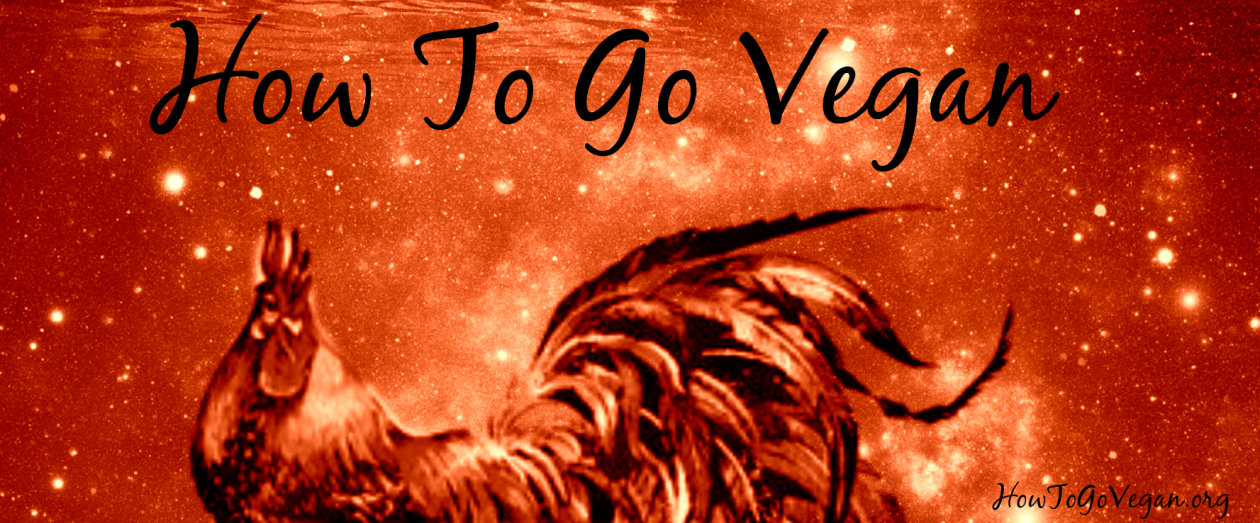Podcast: Play in new window | Download
For more info on this issue, please listen to “Humane: What’s in a Word?”=============
Animal welfare is based on the premise that any harm going beyond what is seen as necessary for an established use is unnecessary and therefore unacceptable. But by contrast, any harm done to a sentient animal that is considered “necessary” for an established use (e.g. food, clothing, entertainment) is viewed as acceptable.
In other words, kicking and beating animals because we enjoy doing so is not okay. De-horning and castrating animals (without anaesthetic) because it makes them easier to manage is okay. This definition of “high standards” in animal welfare explains why industry can legitimately make such ludicrous claims in the face of cruelty so monstrous that most of us refuse to even look at it. We prefer not to know.
While it is better than no concern about harm whatsoever, welfare measures give consumers a false sense of security that animals are treated well in captivity, confinement, and at slaughter. This mistaken (but prevailing) belief has led to increased consumer confidence in animal products, while diverting discussion from the main issue, which is that all our use of animals and all animal products are inherently harmful and unnecessary.
(Shared with kind permission of Angel Flinn)
For more info:
Animal Cruelty : Who is to Blame?
Making a Killing from Animal Welfare Reform
Are Anti-Cruelty Campaigns Really Effective?
On Cruelty Videos
![]()
